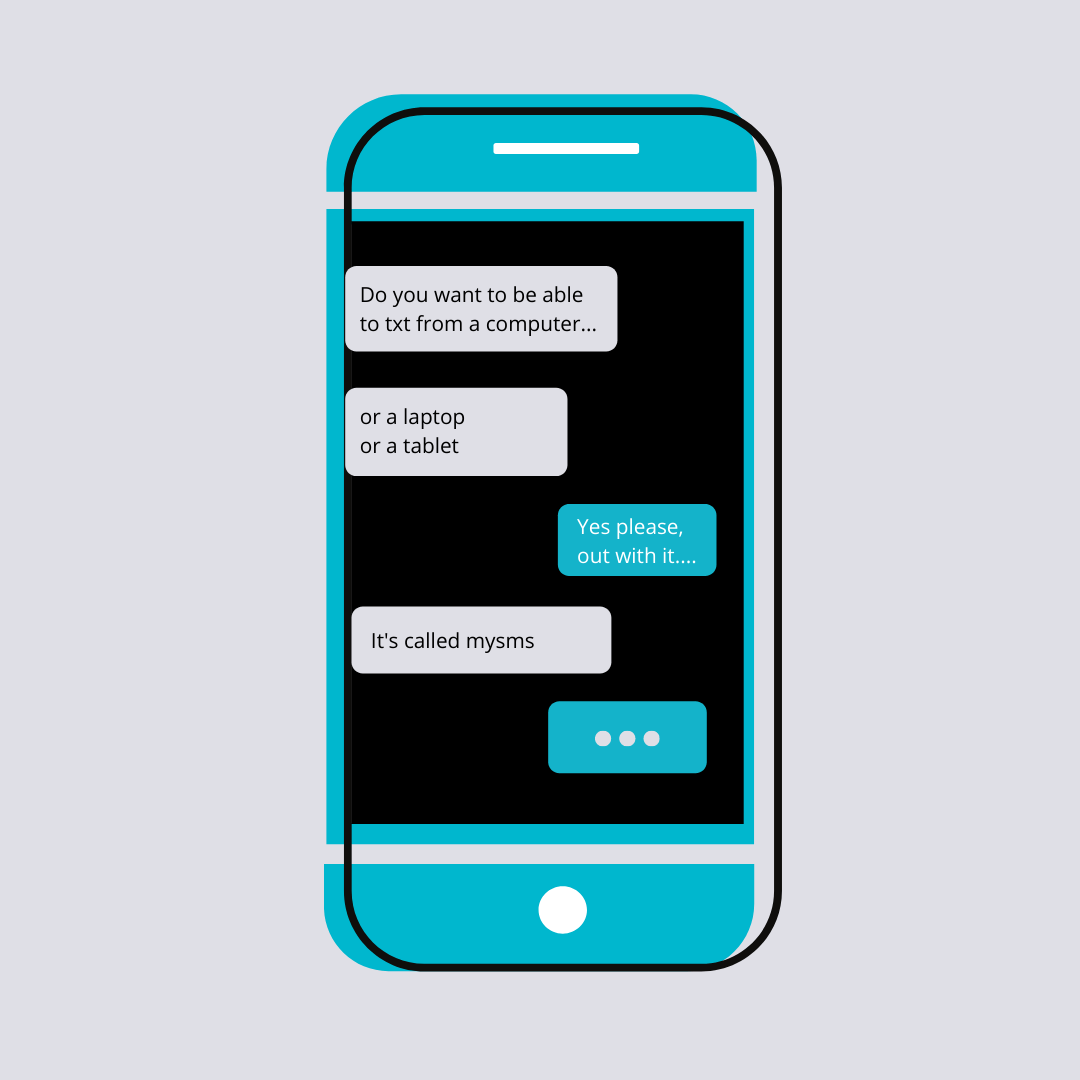The age of digital communication has brought about a sea change in how we connect. With the ubiquity of smartphones, text messaging has become a cornerstone of our daily lives. Yet, amidst this convenience, a common question arises: can you see texts on a phone bill?
In this exclusive article, we delve into the intricacies of phone bills, dissect the information they contain, and address the burning question of text message visibility. We explore the differences between various carriers, provide insights into legal and privacy considerations, and offer practical tips for managing your phone bill effectively. Whether you’re concerned about privacy, seeking to monitor usage, or simply curious about the details, this guide will equip you with the knowledge you need.
Contents
Understanding the Basics of Phone Bills
Before we delve into the specifics of text messages, it’s crucial to grasp the fundamental components of a phone bill. Typically, a phone bill comprises:
- Account Summary: This section provides an overview of your account, including your name, address, billing period, and total charges.
- Call Details: This segment outlines your voice call activity, including date, time, duration, and recipient phone number.
- Data Usage: This part details your internet data consumption, often specifying the amount of data used and any associated charges.
- Text Messages: Depending on your carrier and plan, this section may or may not include information about your text messages.
- Other Charges: This category encompasses additional fees, such as taxes, surcharges, and international roaming charges.
The Big Question: Can You See Texts on a Phone Bill?
The answer to this question is nuanced and depends on several factors, including:
- Your Carrier: Different carriers have varying policies regarding the inclusion of text message details on phone bills. Some carriers may provide a list of text messages, including date, time, and recipient phone number, while others may only show the number of texts sent and received.
- Your Plan: Certain plans may offer more detailed billing information than others. For instance, some family plans or business plans may provide itemized text message logs, while individual plans may only show summarized data.
- Legal and Privacy Considerations: Carriers are bound by privacy laws and regulations, which govern the type of information they can include on phone bills. In some cases, obtaining detailed text message records may require a court order or subpoena.
Carrier-Specific Policies
Let’s take a closer look at the policies of some major carriers:
- Verizon: Verizon typically does not include the content of text messages on phone bills. However, depending on your plan, you may see a list of text messages with date, time, and recipient phone number.
- AT&T: AT&T generally follows a similar approach to Verizon, providing a list of text messages without the actual content.
- T-Mobile: T-Mobile’s policy varies depending on your plan. Some plans may include detailed text message logs, while others may only show summarized data.
- Sprint: Sprint, now part of T-Mobile, generally does not include text message content on phone bills.
Legal and Privacy Considerations
While carriers may have access to text message data, they are restricted in how they can use and disclose this information. The Stored Communications Act (SCA) and other privacy laws protect the privacy of electronic communications, including text messages.
In general, carriers cannot disclose the content of text messages without a valid court order or subpoena. However, they may be required to provide certain metadata, such as date, time, and recipient phone number, in response to lawful requests from law enforcement agencies.
Managing Your Phone Bill Effectively
Regardless of whether your phone bill includes text message details, it’s essential to manage your bill effectively to avoid surprises and ensure you’re getting the best value for your money. Here are some practical tips:
- Review Your Bill Regularly: Take the time to scrutinize your bill each month, paying attention to any unusual charges or discrepancies.
- Monitor Your Usage: Keep track of your voice call, data, and text message usage to avoid exceeding your plan limits and incurring overage fees.
- Consider Alternative Plans: If you find that your current plan doesn’t meet your needs, explore alternative plans offered by your carrier or consider switching to a different carrier altogether.
- Contact Customer Service: If you have any questions or concerns about your bill, don’t hesitate to contact your carrier’s customer service department.
FAQs
- Can I see deleted texts on my phone bill?
No, deleted texts are not typically stored by carriers and therefore would not appear on your phone bill.
- Can I request a detailed text message log from my carrier?
In some cases, you may be able to request a detailed text message log from your carrier, but this may depend on your plan and carrier policies. You may also need to provide a valid reason for your request.
- Can law enforcement agencies access my text messages?
Law enforcement agencies may be able to access your text messages with a valid court order or subpoena.
- How can I protect the privacy of my text messages?
You can protect the privacy of your text messages by using secure messaging apps that offer end-to-end encryption. You can also avoid sending sensitive information via text message.
Conclusion
In conclusion, the visibility of text messages on phone bills depends on various factors, including your carrier, plan, and legal considerations. While some carriers may provide a list of text messages, the actual content is generally not included due to privacy laws.
Read More: Does WhatsApp Show Up on Your Phone Bill? A Comprehensive Guide







